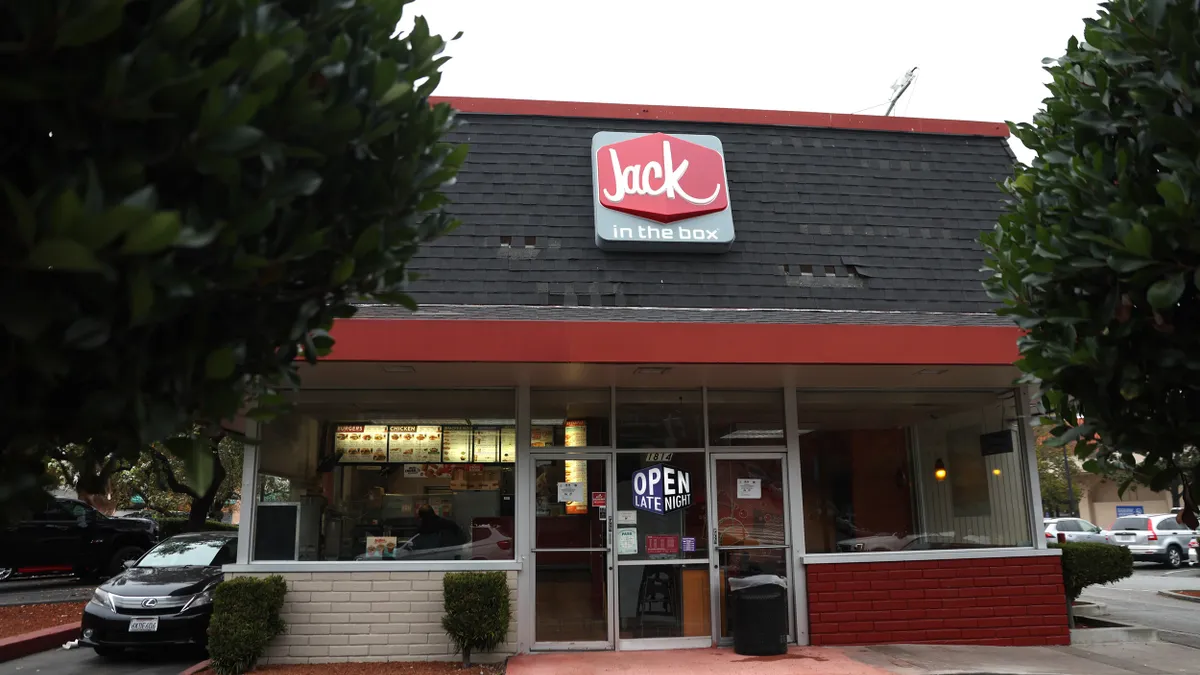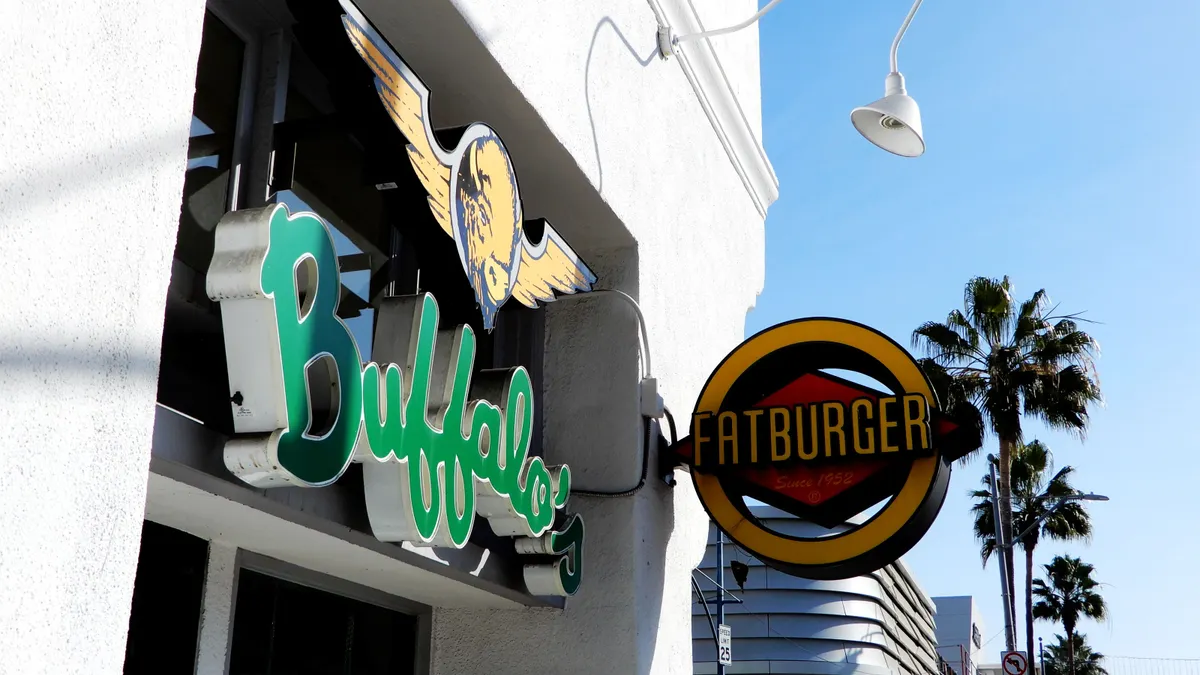Biglari Capital has been on the prowl this summer, increasing its holdings in Jack in the Box to 9.9%. The activist investor warned the chain that it would increase its stake further, which pushed Jack in the Box’s board to issue a poison pill.
Given that Biglari Capital is looking to buy other restaurant brands, like El Pollo Loco, and has a long history of activist investor actions, Jack in the Box’s move is not unusual.
“It’s not surprising that the board took the step of adopting a poison pill,” said Keith Gottfried, CEO of Gottfried Shareholder Advisory, which helps corporations fend off activist investors. He has advised public companies for over 30 years on poison pills in connection with activist investor situations.
Jack’s stock price is down from $60 from nearly a year ago to about $20 today. Jack in the Box instituted a turnaround strategy earlier this year, which included moving more toward an asset-light model, shuttering underperforming stores and considering a sale of Del Taco. Upon issuing the pill, the board said it wanted time to let the plan take effect.
“If you’re in a similar situation, you would be well advised to have at least a poison pill on the shelf,” Gottfried said.
Even if a company is doing well, it can be good to have documents drafted and ready to go just in case an activist investor enters a stock or the company receives an unsolicited offer, he added.
“Everything is very much customary in nature, even [Jack in the Box’s] press release,” Gottfried said. “Almost everything in this press release is language that I’ve seen in other press releases, including ones I’ve written.”
Poison pills were once a common part of doing business
Decades ago, companies would use poison pills preventatively, rather than in reaction to a specific situation. In the 1990s, it wasn’t uncommon for there to be upwards of 2,000 poison pills active at a time among public companies, Gottfried said, adding that these were often in place for 10 years.
“Back in the ’90s, you almost couldn’t name a Fortune 100 company that didn’t have a poison pill,” he said.
Today, limited-duration pills often last less than a year. Boards also have the discretion to terminate a pill sooner. Last year, El Pollo Loco issued one in response to growing pressure from Biglari, as did Cracker Barrel in 2012.
“We’re in the era where almost every pill that’s adopted is a situation-specific pill,” Gottfried said, adding that Jack in the Box’s pill is explicitly a response to Biglari.
Pills that last longer than a year need shareholder approval, which is a tall order, as it can be very difficult to get proxy advisory firms to support the adoption of a long-term pill, Gottfried said.
Long-term pills are generally disliked by institutional investors and proxy advisory firms. Poison pills are often viewed as anti-shareholder, but they aren’t, Gottfried said.
“[Poison pills don’t] prevent anybody from making an offer to buy the company,” Gottfried said. “It just prevents them from being able to do a hostile tender offer. … There is nothing in the pill that prevents the board from acting in their fiduciary duties to consider any offer that they determine to be in the best interest of shareholders.”
Such measures prevent someone from acquiring a company at a price below what the board could receive if it was able to negotiate a deal with a third party, he said. The board has time to put its strategic plan in place, which could put the company in a stronger position to maximize shareholder value through operations or a sale.
“They’d rather do the improvements that they’ve talked to the market about, get those improvements implemented, have the market recognize those improvements in the stock price,” Gottfried said. He added that if the company decided to pursue a sale, it would be in a much better position with a higher stock price than its current $20 per share price.
How activist investors might respond
Typically, activist investors oppose limited-duration pills and argue that they function as anti-shareholder devices.
“They may try to get other shareholders to criticize it,” Gottfried said. “There’s a whole bunch of messaging points … that’ve been used over the years by activists to criticize the adoption of a poison pill. Whether or not that’s going to resonate with anyone is hard to know. They’re definitely not going to be happy about it.”
For example, when Red Robin went toe-to-toe with Vintage Capital in 2019, the chain issued a poison pill to protect it from a hostile takeover. Vintage Capital wrote in a letter to Red Robin’s board that it was disappointed in Red Robin’s move, saying a proxy fight was not “desirable for Vintage or for the Company’s other stockholders because it may inhibit our ability to participate in any auction process.”
Following back and forth between activist investors and Red Robin, the board agreed to appoint a new independent board director in 2020 and give Vintage the ability to acquire up to 20% of common stock.
Activists can challenge poison pills in court. But this tactic is unlikely to be successful unless the threshold to trigger it is low, like around 5%, Gottfried said. Comparatively, Jack’s poison pill would be triggered at 12.5%. Delaware courts in the 1980s deemed poison pills a legal action and challengers would have trouble fighting that current precedent. Courts typically follow a business judgment rule, which is the assumption that boards acted in the best interest of shareholders, according to BusinessThink.
Gottfried said he expects more restaurant boards to at least consider having a poison pill at the ready following Jack in the Box’s example.
“You're not going to see a bunch of people start announcing the adoption of poison pills,” Gottfried said. “But I think you're going to see more chains probably call up their counsel and say, ‘hey, we should probably get one on the shelf.’”





















